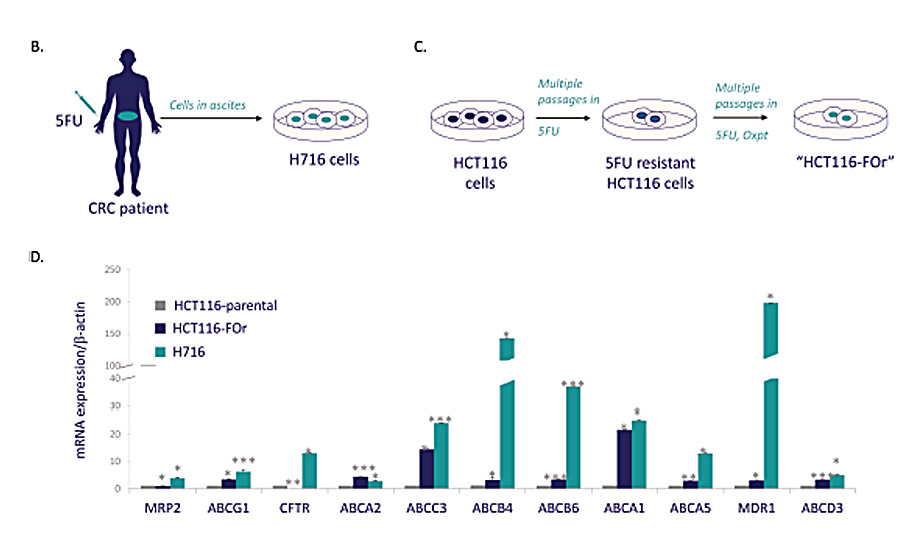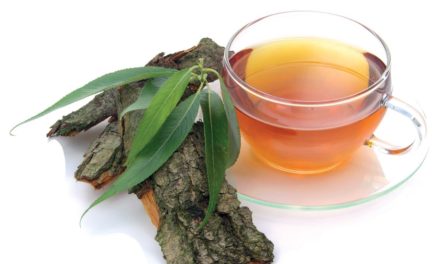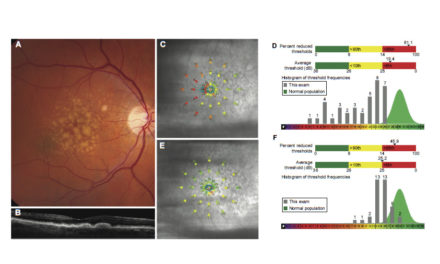Oligomeric proanthocyanidins (OPCs) from grape seed extract suppress the activity of ABC transporters in overcoming chemoresistance in colorectal cancer cells
Preethi Ravindranathan, Divya Pasham and Ajay Goel*
Center for Gastrointestinal Research, Center for Translational Genomics and Oncology, Baylor Scott and White Research
Institute, and Charles A. Sammons Cancer Center, Baylor University Medical Center, Dallas, TX, USA
*To whom correspondence should be addressed. Tel: +214 820 2603; Fax: +214 818 9292; Email: Ajay.Goel@BSWHealth.org
Abstract
Multidrug resistance is a major hindrance in managing cancer. By performing a series of experiments in chemoresistant colorectal cancer cell lines, we demonstrate that oligomeric proanthocyanidins (OPCs) from grape seed extracts can sensitize both acquired (HCT116-FOr cells) and innately chemoresistant (H716 cells) cancer cells to chemotherapeutic drugs, 5-fluorouracil (5FU) and oxaliplatin, by inhibiting adenosine triphosphate-binding cassette (ABC) transporter proteins. When combined with chemotherapeutic drugs, OPCs significantly inhibited growth of the chemoresistant cells (P < 0.05 to < 0.001) and decreased the expression of several key ABC transporters. Moreover, the activity of the ABC transporters was also significantly decreased by OPCs in the cell lines (P < 0.05). We further confirmed that co-treatment with OPCs sensitized the chemoresistant cells to 5FU and oxaliplatin, as observed by improvement in cell cycle arrest, double-strand breaks and p53 accumulation in these cells. In addition, we confirmed that co-administration of OPCs with chemotherapeutic drugs significantly decreased chemoresistant xenograft tumor growth in mice (P < 0.05). Together, our study illuminates the downregulation of multiple ABC transporters as a mechanism by which OPCs overcome chemoresistance in cancer cells and may serve as adjunctive treatments in patients with refractory colorectal cancer. (…)










